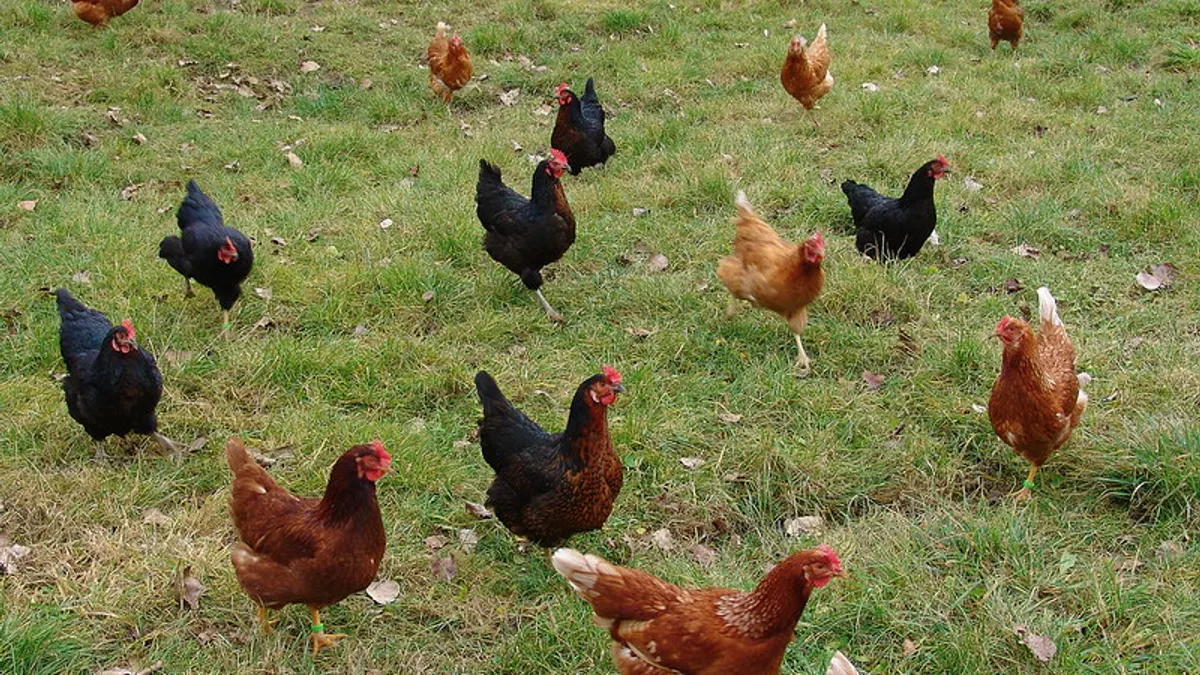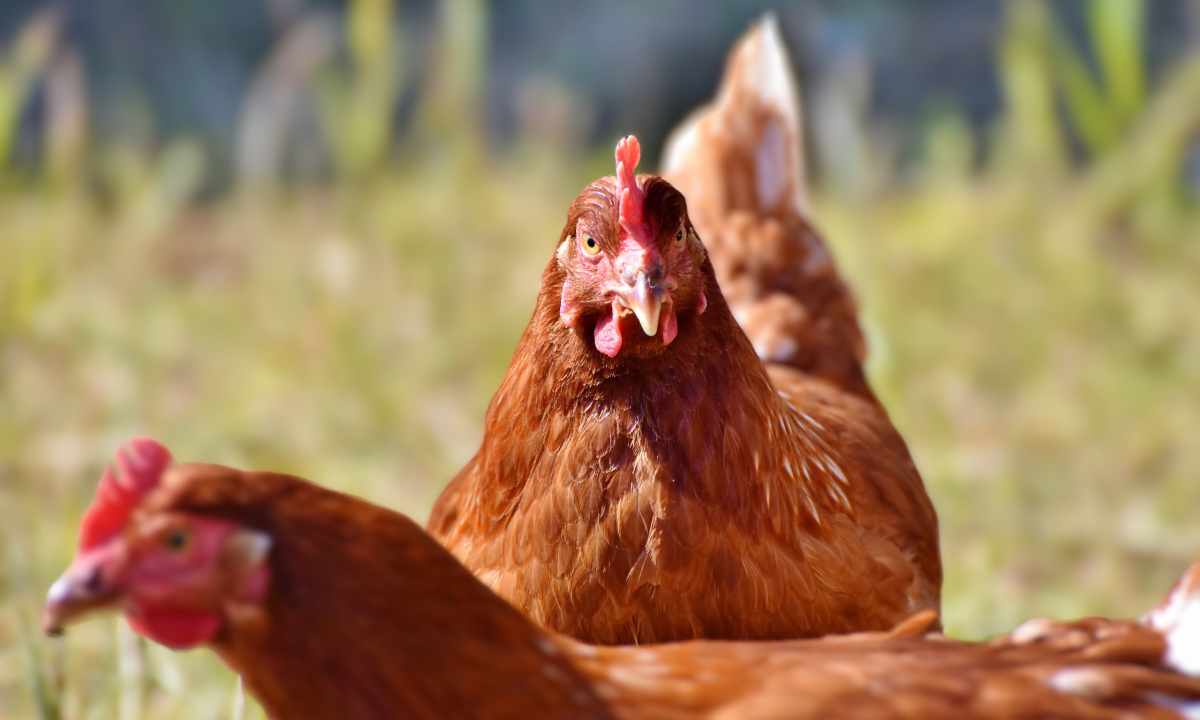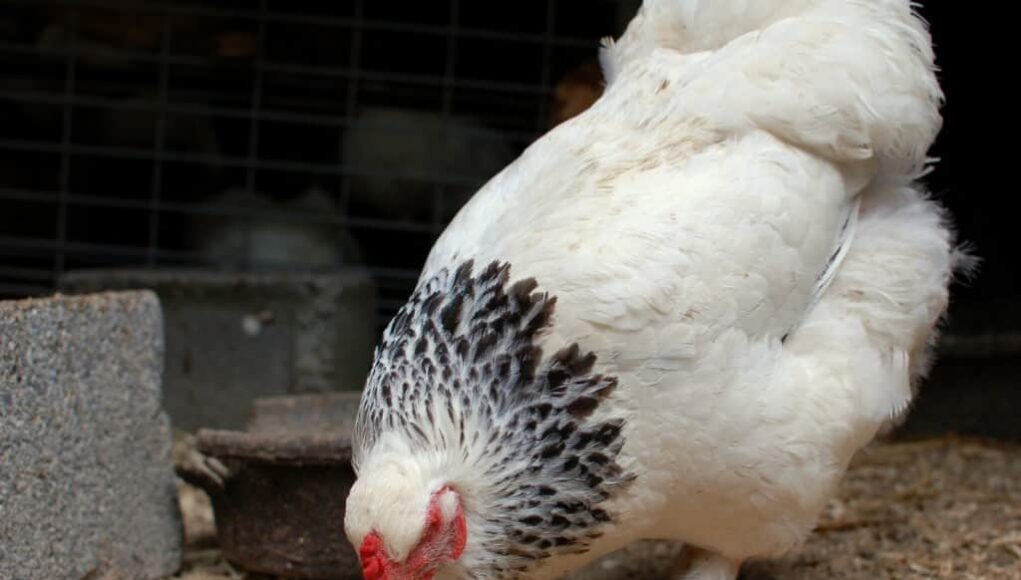Chickens are not just livestock; for many, they are beloved pets and an essential part of a sustainable lifestyle. However, like any living creatures, they can fall ill. A common ailment affecting chickens is respiratory infections. Understanding how to treat respiratory infections in chickens naturally is vital for maintaining the health and happiness of your flock.
Respiratory infections in chickens can be a significant concern for poultry owners. These infections can be caused by bacteria, viruses, or fungi and are often exacerbated by environmental factors. Fortunately, there are natural methods to address these issues, which can be both effective and gentle on your chickens.

Understanding Respiratory Infections in Chickens
Respiratory infections can manifest through various symptoms such as sneezing, coughing, nasal discharge, and labored breathing. It’s crucial to identify these signs early to prevent the spread of illness within your flock.
Causes of Respiratory Infections
Bacterial Infections
Bacteria like Mycoplasma and E. coli are common culprits of respiratory issues in chickens. These bacteria can thrive in damp, overcrowded, or poorly ventilated environments.
Viral Infections
Viruses such as Infectious Bronchitis and Avian Influenza can cause severe respiratory symptoms. These viruses are highly contagious and can spread quickly among birds.
Fungal Infections
Fungal infections, though less common, can also affect chickens, especially in environments with poor air quality or high humidity.
Natural Remedies for Treating Respiratory Infections
Herbal Treatments
Herbs can play a significant role in natural treatment plans. Herbs like oregano and thyme have natural antibiotic properties that can help fight off infections. For more information on safe herbs for chickens, visit safe herbs for chickens.
Apple Cider Vinegar
Adding a small amount of apple cider vinegar to your chickens’ water can help boost their immune system and improve respiratory health. Learn more about the proper usage at apple cider vinegar for chickens.
Garlic
Garlic is known for its antibacterial and antiviral properties. Adding crushed garlic to their diet can help strengthen their immune system and fight infections.
Essential Oils
Essential oils like eucalyptus and peppermint can be used as a natural decongestant. Diffusing these oils near the coop can help ease breathing difficulties.
Preventive Measures
Proper Coop Ventilation
Ensuring that your chicken coop is well-ventilated can prevent the buildup of harmful bacteria and fungi. For tips on coop design, check out nesting box location tips.
Regular Cleaning
Keeping the coop clean and dry will reduce the risk of infections. Regular cleaning prevents the accumulation of droppings and moisture, which can harbor pathogens.
Boosting Immunity
Feeding your chickens a balanced diet rich in vitamins and minerals can enhance their immune response. For more information on boosting chicken immunity, visit boost chicken immunity.
Monitoring Flock Health
Regular Health Checks
Conducting regular health checks can help you spot early signs of illness. Pay attention to any changes in behavior or appearance.
Quarantine New Birds
Introducing new birds to the flock can introduce new pathogens. Quarantining new arrivals for a few weeks can prevent the spread of disease.
When to Seek Veterinary Help
While natural remedies can be effective, there are times when professional veterinary help is necessary. If your chickens do not improve with natural treatments or if their condition worsens, consult a veterinarian.
Conclusion
Understanding how to treat respiratory infections in chickens naturally is essential for every chicken owner. By using natural remedies and preventive measures, you can ensure your flock remains healthy and thriving. For more in-depth information on natural poultry health solutions, visit natural poultry health solutions.

FAQ
What are the first signs of respiratory infection in chickens?
Common signs include sneezing, coughing, nasal discharge, and difficulty breathing.
Can I use essential oils directly on chickens?
It’s best to diffuse essential oils near the coop rather than applying them directly to chickens.
How often should I clean my chicken coop?
Regular cleaning should be done weekly, with deep cleaning every few months.
This article contains affiliate links. We may earn a commission at no extra cost to you.











